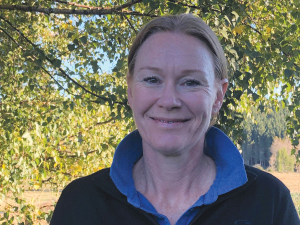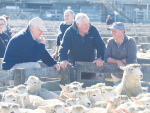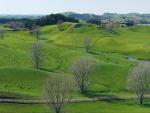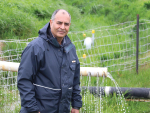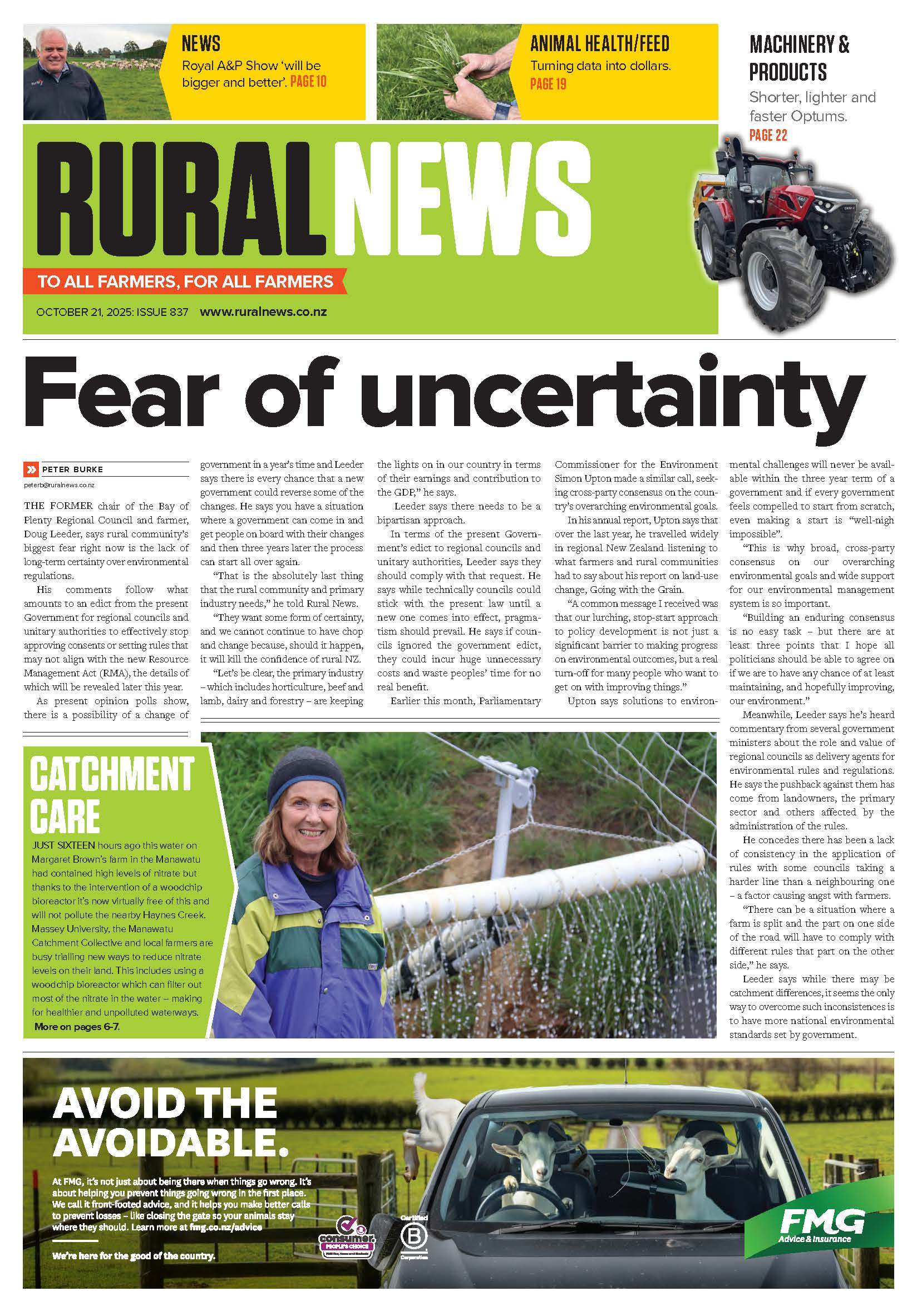Check the effectiveness of your drenches.
That’s the message from Wormwise in the wake of a recent report on drench resistance.
The report, by national veterinary laboratory Gribbles Veterinary, found 33% of farms tested had Trichosytrongylus worms that were resistant to triple combinations.
It also revealed 18% of farms had Teladorsgia species that were resistant to this mix of drugs.
The commonly-used Moxidectin (popular for control of Barber’s Pole worm) was showing resistance in both these species – 38% of farms for Trichostrongylus and 40% of farms for Teladorsagia.
Wormwise programme manager Ginny Dodunski says she had heard of a big upswing in combination drench resistance recently – from both farmers and vets.
She says numerous veterinary practices have reported 30% of their tests show triple combination resistance in one or more worm species.
“The Gribbles report confirms these findings. This is the largest set of drench testing data released in New Zealand to date, reporting results from 64 tests in the North Island and 102 tests in the South Island. The most recent prior report of data from 2016/2017 covered 141 cases,” says Dodunski.
Dodunski says that five years ago, less than 7% of the tests run showed triple combination resistance in any species and now 33% of cases show up triple resistant Trichostrongylus.
"This reflects the growing number of cases of autumn ill-thrift and even deaths in lamb mobs where large numbers of this resistant worm have been allowed to build,” she says.
“The use of combination drenches as a means to slow the development of drench resistance was advocated for situations where there was a low level of pre-existing resistance to the individual actives in the drench, and where other known measures to delay drench resistance were also in place.
“Unfortunately, most farmers did not know their resistance status when they started using combos, and the other safety measures (such as not using long-acting treatments in ewes, and not wintering lambs in excess of ewe replacements), have not been well understood or adopted.
“We’re now in a situation where substantial changes to management practices are required on some farms because they have so few drench options left.”
Wormwise’s advice to sheep farmers is ‘get testing yesterday’.
"Many will be undertaking routine weaning drenches at the moment. A great first step is to collect 10 fresh faecal samples from lambs 10 days after you drenched them, and send them for a faecal egg count. If there are no eggs present after drenching, that’s great news, but if there are, that’s the start of a conversation with your animal health advisor.”
Wormwise is an industry-wide partnership funded by Beef + Lamb New Zealand (B+LNZ). Other organisations involved are the New Zealand Veterinary Association (NZVA), DairyNZ, Deer Industry NZ, Animal & Plant Health Association of New Zealand (APHANZ) and the Ministry for Primary Industries (MPI).





